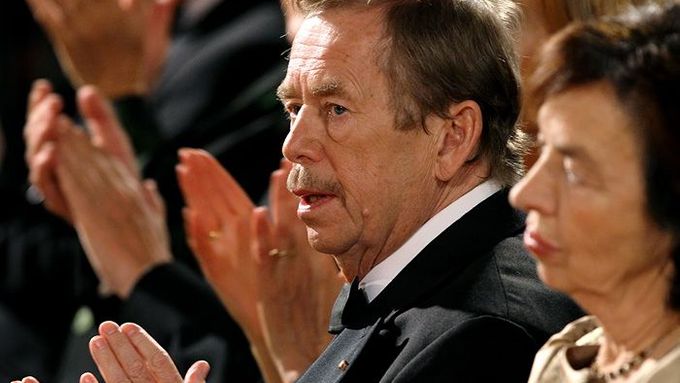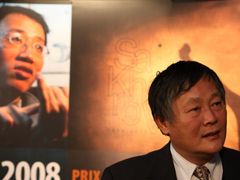New York - In an opinion piece run Friday 19 December by the Wall Street Journal, former Czech president Václav Havel writes that Chinese government should learn from Charter 77, a manifesto signed in 1977 by Havel and other Czechoslovak dissidents, and realize that repression and silencing of its critics are pointless.
Havel calls for an immediate release from custody of Liu Xiaobo, one of the two main actors of Charter 08, a new dissident movement and a manifesto criticising Chinese government for violating human rights and freedom of speech, policies that damage the environment, and for deepening social differences between urban and rural areas.
"I am saddened by this turn of events, and my thoughts are with Liu Xiaobo's wife, Liu Xia, who has yet to be given the opportunity to speak with her husband," Havel wrote.
Some 5,000 people have so far signed the petition. Two of its initiators were arrested, while others are watched by secret police.
"China in 2008 is not Czechoslovakia in 1977. In many ways, China today is freer and more open than my own country of 30 years ago," Havel wrote in WSJ. "And yet, the response of the Chinese authorities to Charter 08 in many ways parallels the Czechoslovak government's response to Charter 77."
China's staunch critic
Havel is known as a staunch critic of the communist regime in China. Despite serving as first Czechoslovak and then Czech president for a total of 13 years, he was one of the few European leaders who have never visited China. He irritated Chinese government by repeatedly receiving the Dalai Lama in Prague.
Havel is a well-respected figure in Chinese pro-democracy circles, veteran activist Wei Jingsheng told Aktuálně.cz in an interview earlier this week.
"We have all noticed the call of former president Havel and several Nobel Peace Prize winners who demanded just before the Beijing Olympics that the world paid more attention to the massive human rights violations taking place in China. Chinese people have great respect for him," said Wei, who was awarded prestigious Sakharov Prize for freedom of thought in 1996.
Aktuálně.cz talked to Wei in Strasbourg, where he was attending this year's Sakharov Prize ceremony, where his fellow countryman Hu Jia was awarded in absentia. Much like Wei 12 years ago, Hu was not able to collect the prize personally because he is serving a jail sentence for alleged subversion.

